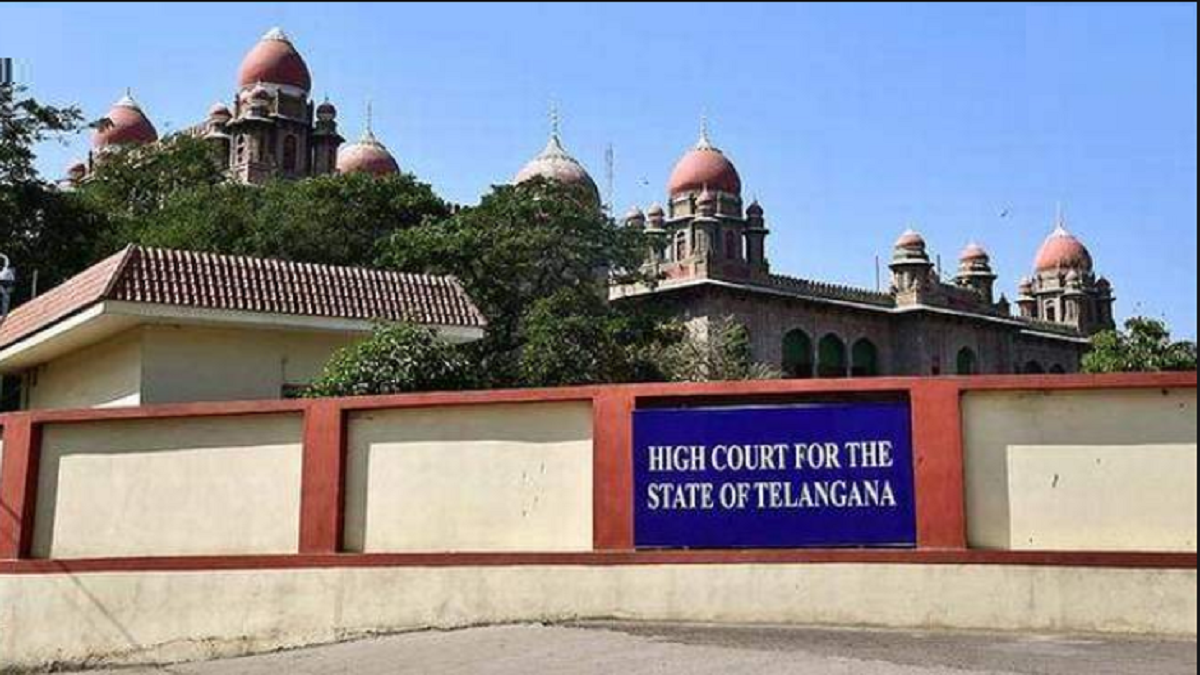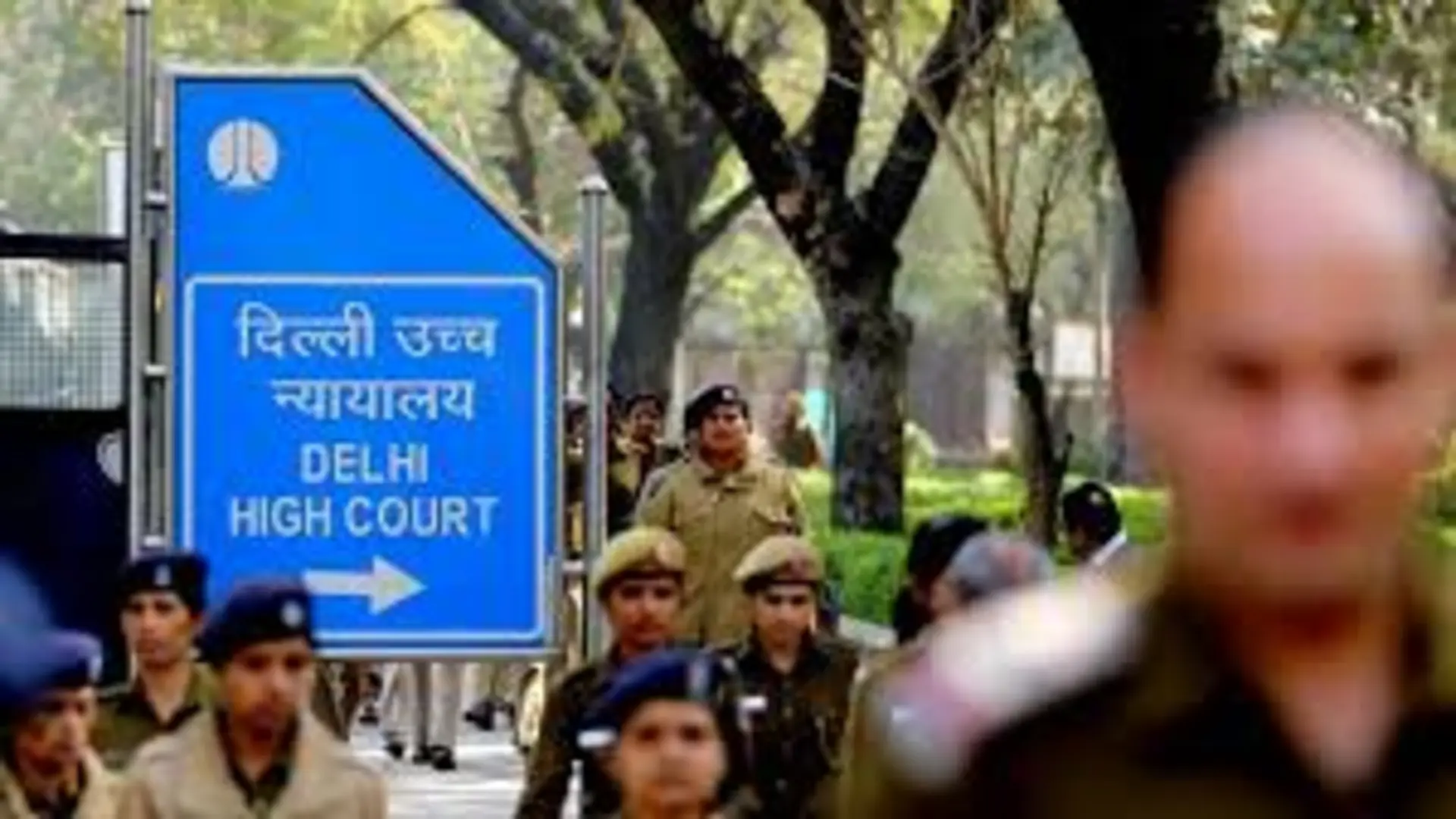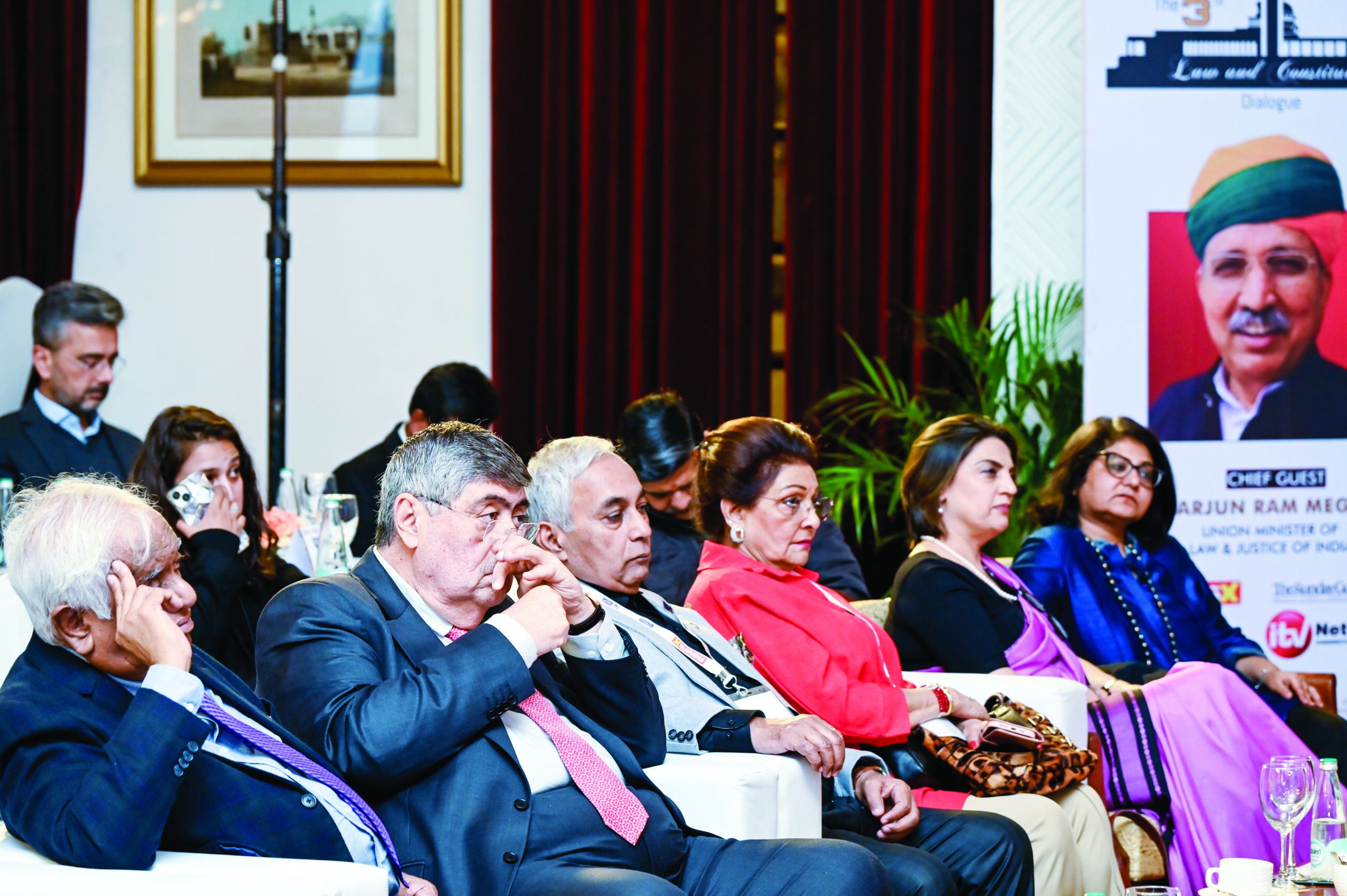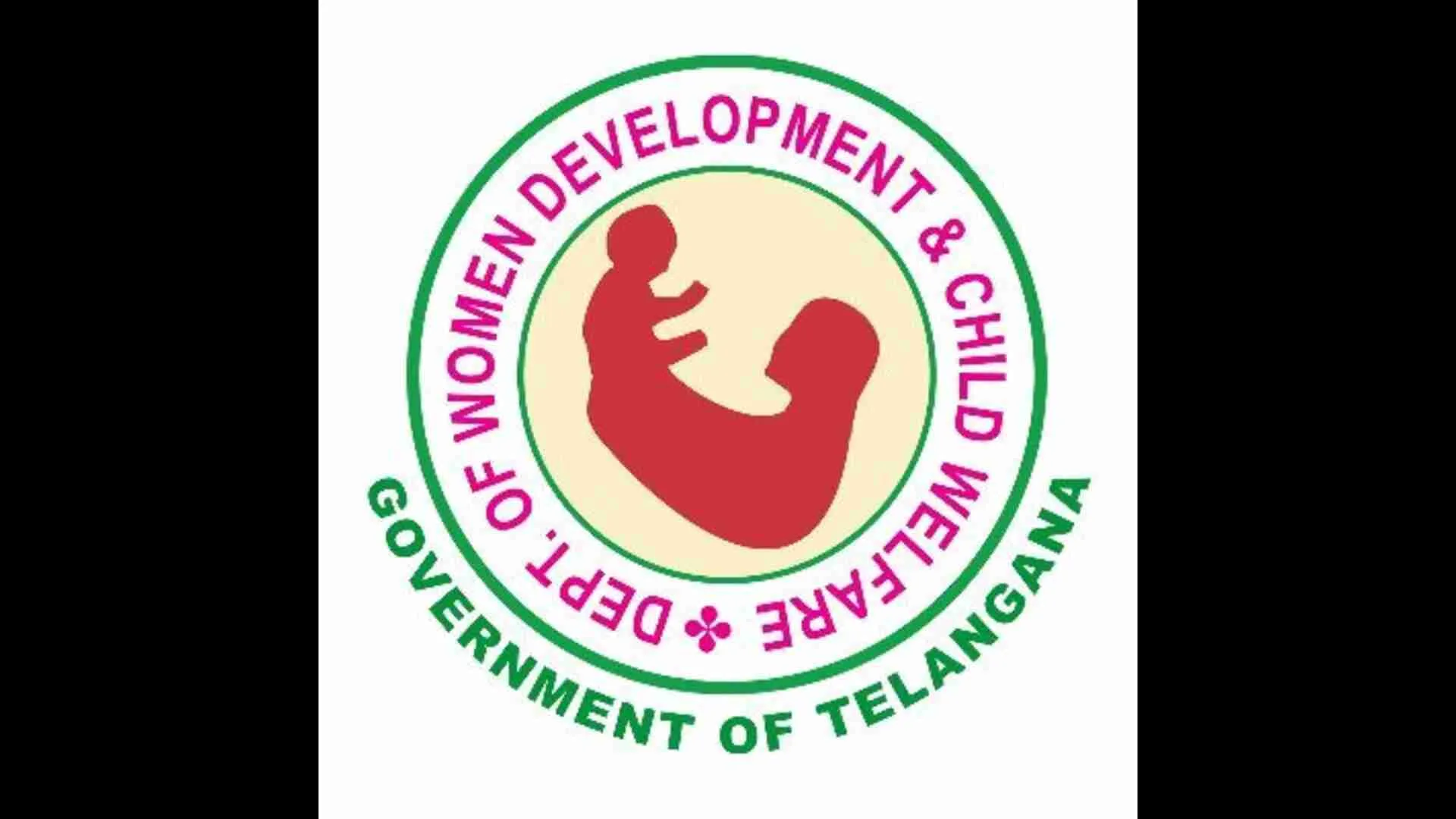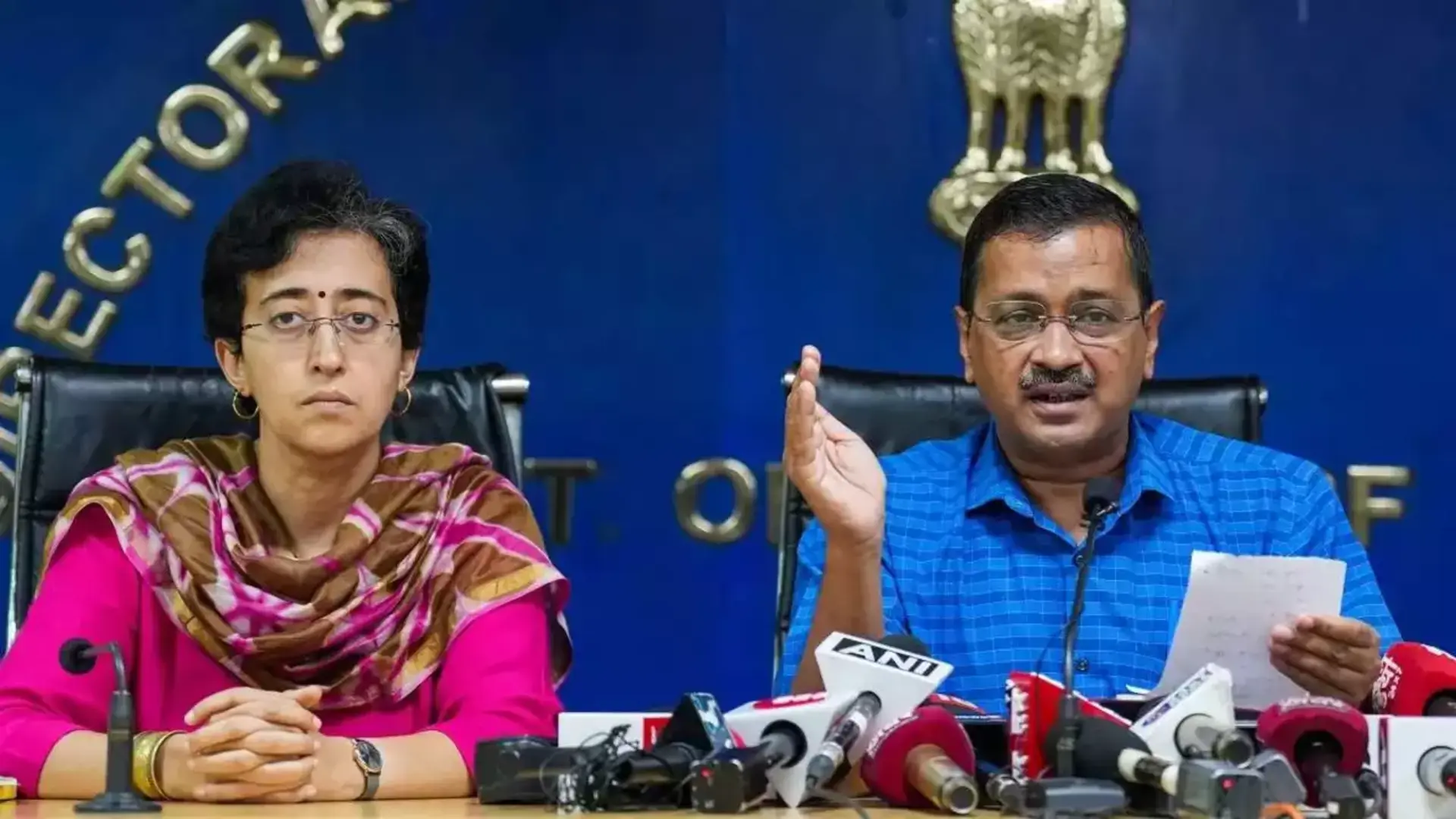In keeping with the requirements of the changing circumstances, the Telangana High Court has issued practice directions to Magistrates and Trial Courts having jurisdiction to try offences under the Negotiable Instruments Act pursuant to the directions issued by the Supreme Court (In Re Expeditious Trial Of Cases Under Section 138 of NI Act) regarding the trial of Cheque bouncing cases. We had seen how a Constitution Bench of the Supreme Court had in April 2021 issued a set of directions to expedite the trial of cheque dishonor cases under Section 138 of the Negotiable Instruments Act. The Court had requested the High Courts to issue practice directions to the Magistrates to record reasons before converting trial of complaints under Section 138 of the Act from summary trial to summons trial. We shall discuss these directions later as stated in Annexure-A of this circular.
At the outset, it must be stated that the Telangana High Court in ROC NO.1608/SO/2020 dated 21.06.2021 in its Circular No. 11/2021 pointed out first and foremost that, “Attention is invited to the Orders dated 16.04.2021 of Hon’ble Supreme Court of India in Suo Motu Writ Petition (Crl.) No.2 of 2020 titled In Re: Expeditious Trial of Cases Under Section 138 Negotiable Instruments Act, wherein the High Courts have been requested to issue practice directions to all the Courts under their control to streamline the procedure being adopted in the cases instituted for the offence under Section 138 of Negotiable Instruments Act.”
Most remarkably and also most significantly, it is then pointed out in this circular that, “Pursuant to the directions of the Hon’ble Supreme Court of India, the following Practice Directions are issued to all the Courts dealing with the cases under Section 138 of Negotiable Instruments Act, in the State.
PRACTICE DIRECTIONS
1) All the Magistrate Courts trying the cases under Section 138 of Negotiable Instruments Act shall invariably follow the directions of the Hon’ble Supreme Court in Indian Banks Association Vs. Union of India, (2014) 5 SCC 590 as appended to this Practice Guidelines vide ‘Annexure-A’. 2) All the Magistrate Courts shall invariably register the cases under Section 138 of Negotiable Instruments Act initially as Summary Trial Cases – Negotiable Instruments (STC-NI) in view of the directions of the Apex Court in Indian Banks Association Vs. Union of India, (2014) 5 SCC 590.
3) The Magistrate Courts need not insist for the personal presence of the complainant for registration of the Complaint. (vide A.C. Narayanan Vs. State of Maharashtra, AIR 2014 SC 360).
4) The power of attorney holder may be allowed to file the complaint, appear and depose for the purpose of issue of process for the offence under Section 138 of the N.I.Act (vide A.C. Narayanan Vs. State of Maharashtra, AIR 2014 SC 630 and Sk. Tamisuddin Vs. Joy Joseph Creado. Criminal Appeal No. 237 of 2012, dated 25.09.2018). An exception to the above is when the power of attorney holder of the complainant does not have a personal knowledge about the transaction, then he cannot be examined (vide Janki Vashdeo Bhojwani Vs. Indusind Bank Ltd., (2005) 2 SCC 217).
5) Recording of complainant’s sworn statement under Sec. 200 Cr.P.C. is not mandatory in view of the provisions under Section 145 of Negotiable Instruments Act. (vide A.C. Narayanan Vs. State of Maharashtra, AIR 2014 SC 630). The sworn affidavit filed under Section 145 Negotiable Instrument Act can be considered in lieu of the sworn statement in view of said provision.
6) In the cases where the place of residence of the accused is situated outside the territorial limits of the Court, the Courts shall follow Section 202 Cr.P.C. which mandates the inquiry by the Court. However, the said provision is not a hurdle or barrier in respect of the cases under Section 138 of Negotiable Instruments Act in view of the Constitution Bench decision dated 16.04.2021 of the Hon’ble Supreme Court in Suo Motu Writ Petition (Crl.) No.2 of 2020 titled In Re: Expeditious Trial of Cases Under Section 138 Negotiable Instruments Act). However, the Courts shall look into and consider the affidavit of the Complainant which may be filed under Section 145 of N.I. Act and the documents filed in support! of his case to arrive at sufficient grounds to proceed against the accused and to issue the process.
7) The complaint shall contain a statement as to computation of the amount claimed, e-Mail ID of the complainant/accused, bank particulars of the complainant.
8) The Courts shall insist for filing the verification affidavit as to the correctness of pleadings. (vide Damodar S.Prabhu Vs. Sayed Babalal H., (2010) 5 SCC 663).
9) If all the above are duly complied, the Magistrates shall take cognizance of the offence on the date of filing itself without any delay and shall invariably register· the case. (As Summary Trial Cases – Negotiable Instruments (STC-NI) (vide Indian Banks Association Vs. Union of India, (2014) 5 SCC 590.)
10) The summons shall be issued to the accused by registered post/approved courier agency. e-Mail and other approved digital/electronic mode in the prescribed format. (vide Indian Banks Association Vs. Union of India, (2014) SCC 590).
11) While issuing summons, the Courts shall see that the summons are properly addressed and sent by post and also to the e-mail address of the accused furnished by the complainant. The Court, shall also consider to take the assistance of the Police or the nearby Court to serve summons or warrants to the accused. For appearance of the accused, a short date shall be fixed. If the summons is received back un-served, immediate follow up action be taken. The courts shall treat the service of summons in one complaint under Section 138 forming part of a translation, as deemed service in respect of all the complaints filed before the same court relating to dishonor of cheques issued as part of the said transactions. (vide Directions of the Hon’ble Supreme Court in its Constitutional Bench decision, dated 16.04.2021 in Suo Motu Writ Petition (Crl.) No.2 of 2020 titled In Re: Expeditious Trial of Case Under Section 138 Negotiable Instruments Act.)
12)The Courts shall direct the accused, when he appears to furnish a bail bond, to ensure his appearance during trial. Here the Court shall consider the request of the accused to grant time for production of such bail bonds.
13) On the date of first appearance of the accused or on the date to which the appearance of the accused is scheduled, the Magistrate Court shall furnish the copies of complaint and documents to the Accused, enquire about his capacity to engage counsel (or appoint a legal aid counsel for the accused having no capacity to engage counsel) and then shall inform him about the guidelines in Damodar S.Prabhu Vs. Sayed Babalal H., (2010) 5 SCC 663 and Madhya Pradesh State Legal Services Authority Vs. Prateek Jain, (2014) 10 SCC 690. If the Court is satisfied that there is an element of settlement of the case, then it shall refer the case to Lok-Adalat or Mediation in accordance with the scheme prepared by NALSA.
14) In case of settlement of the case in any of these two modes, the award shall be drawn. In case of settlement before Lok Adalat, the parties shall be informed about the mode of execution of the award as per the Legal Services Authorities Act, 1987 by way of filing Execution Application, while treating that award as a decree (vide K.N. Govindan Kutty Menon Vs. C.D. Shaji, (2012) 2 SCC 51).
15) In case of not settling the issue before the Lok Adalat or the Mediation, the case shall be posted for framing notice or the examination of the accused under Section 251 of Cr.P.C. about the accusation levelled against him. In case of denial of the accusation, the accused shall be called upon to file a defence statement in writing with supporting reasons. Then the Court shall consider the scope of calling the complainant for further chief examination for making documents and for cross- examination on behalf of the accused.
16)Till this stage, the case shall be treated as Summary Trial Case, but not as a regular Summons or Calendar Case. After examining the above aspects the Court shall consider the scope of converting the case as a regular Summons/Calendar case. If the Court is of the view that the case requires a through and detailed trial or where the case warrants imposition of grave punishment or where multiple connected civil/criminal cases are pending, it shall record the reasons for converting the case into a regular Summons or Calendar Case (CC-NI). The recording of reasons at this stage shall always be mandatory in view of the decision of the Hon’ble Apex Court in Suo Motu Writ Petition (Crl.) No.2 of 2020 titled In Re: Expeditious Trial of Case Under Section 138 Negotiable Instruments Act.
17) The Magistrates shall not entertain any miscellaneous application for discharge of the accused as there is no provision in Cr.P.C. for discharge of an accused in a Summary Trial Case or a Summons Case in view of the law as settled in Suo Motu Writ Petition (Crl.) No.2 of 2020 titled In Re: Expeditious Trial of Case Under Section 138 Negotiable Instruments Act and Subramanium Sethuraman Vs State of Maharashtra, AIR 2004 SC 4711. It shall be kept in mind that as held in In Re: Expeditious Trial of Case Under Section 138 Negotiable Instruments Act, the Section 258 of the Cr.P.C. is not applicable to the complaints under Section 138 of the N.I. Act and the judgment in Meters and Instruments Private Limited Vs. Kanchan Mehta, AIR 2017 SC 4594 is not approved to that extent.
18) The Magistrate Courts shall make every endeavour to complete the trial of these cases within the statutory prescribed time limit of six (6) months.
19) After closure of the complainant side evidence, the accused shall be called upon to answer the incriminate material available in the case of the complainant against him under Section 313 Cr.P.C and his detailed answers for the said questions shall be recorded. The accused shall be permitted to file a defence statement in view of the provisions under Section 313 Cr.P.C. at this stage.
20) In case the accused chooses to adduce evidence, the accused shall not be permitted to file his chief examination evidence in the form of affidavit in view of the law in Mandvi Co-operative Bank Ltd. Vs. Nimesh B. Thakore, (2010) 3 SCC 83. However, the accused can be permitted to enter into the witness box after obtaining necessary permission from the Court under Section 315 Cr.P.C. However, this permission from the Court is not mandatory when the accused intends to examine any other person as his witness.
21) After recording the evidence of both parties, the arguments shall be heard by the Court and the Court shall pronounce the judgment within three days (excluding the day of hearing the final arguments.).
22) In all the cases where the accused is found guilty of the offence under Section 138 of Negotiable Instruments Act, the Court shall consider awarding the compensation to the complainant party in view of the provisions under 138, 143 of Negotiable Instruments Act and Section 357 Cr.P.C. The Court must exercise the power and discretion to compensate the injury suffered by the complainant (vide Hari Kishan Vs. Sukhbir Singh, (1988) 4 SCC 551). The Court shall also keep in mind the decisions of the Hon’ble Apex Court in this regard rendered in R. Vijayan Vs Baby, AIR 2012 SC 528 and Suganthi Suresh Kumar Vs. Jagdeeshan (2002) 2 SCC 420. The Court may consider granting of installments or time to pay such compensation amount. The Court may also consider to impose in default sentence on the accused in case of failure to pay the compensation. (vide K.A. Abbas Vs Sabu Joseph (2010) 6 SCC 230 and R. Mohan Vs. A.K. Vijaya Kumar, (2012) 8 SCC 721.).
23) Sec. 143-A: In all trials under Sec. 138 of Negotiable Instruments Act, when the accused is claiming for a regular trial, the Court may order to direct the accused to pay the interim compensation to the complainant which shall not exceed 20% of the amount of cheque (Section 143-A). Such interim compensation shall be paid within 60 days from the date of order and the Court is competent to extend that time for further 30 days. In case of acquittal, the Court shall direct the complainant to repay the interim compensation amount with the bank interest rate to the accused within 60 days from the date of judgment and this time can also be extended for further 30 days. Interim compensation may be recovered as if it were a fine under Sec. 421 Cr.P.C. This interim compensation amount shall be adjusted against the final compensation ordered by the Court under Sec. 357 Cr.P.C. at the time of judgment.”
Going ahead, the Telangana High Court then further in its Annexure-A while referring to the directions of the Apex Court also mentions that,
“Annexure-A
Directions of the Hon’ble Supreme Court in Indian Banks Association Vs. Union of India. (2014) 5 SCC 590.
(1)Metropolitan Magistrate/Judicial Magistrate (MM/JM), on the day when the complaint under Section 138 of the Act is presented, shall scrutinize the complaint and, if the complaint is accompanied by the affidavit, and the affidavit and the documents, if any, are found to be in order, take cognizance and direct issuance of summons.
(2) MM/JM should adopt a pragmatic and realistic approach while issuing summons. Summons must be properly addressed and sent by post by e-mail address got from the complainant. Court, in appropriate cases, may take the assistance of the police or the nearby Court to serve notice to the accused. For notice of appearance, a short date be fixed. If the summons is received back un-served, immediate follow up action be taken.
(3) Court may indicate in the summon that if the accused makes an application for compounding of offences at the first hearing of the case and, if such an application is made, Court may pass appropriate orders at the earliest.
(4) Court should direct the accused, when he appears to furnish a bail bond, to ensure his appearance during trial and ask him to take notice under Section I25 Cr.P.C. to enable him to enter his plea of defence and fix the case for defence evidence, unless an application is made by the accused under Section 145(2) for recalling a witness for cross examination.
(5) The Court concerned must ensure that examination-in-chief, cross examination and re-examination of the complainant must be conducted within three months of assigning the case. The Court has option of accepting affidavits of the witnesses, instead of examining them in Court. Witnesses to the complaint and accused must be available for cross examination as and when there is direction to this effect by the Court.”
It is then also further stated that, “ Therefore, all the Judicial Officers in the State are hereby directed to follow the above practice directions scrupulously, while dealing with cases under Section 138 of Negotiable Instruments Act, 1881. The receipt of the circular may be acknowledged.”
In essence, all the Magistrates and Trial Courts in Telangana are bound to implement these landmark practice directions issued by the Telangana High Court having jurisdiction to try offences under the Negotiable Instruments Act pursuant to the directions issued by the Apex Court which we have just discussed above pertaining to the trial of cheque bouncing cases and the request made by the Apex Court to the High Courts to issue practice directions to the Magistrates to record reasons before converting trial of complaints under Section 138 of the Act from summary trial to summons trial. It is good to note that according to the practice directions, it has been stated that the Magistrate Courts need not insist for personal presence of complainant for registration of the complaint. It is also a step in the right direction that the recording of complainant’s sworn statement under Section 200 Cr.P.C. is not mandatory in view of the provisions under Section 145 of the Negotiable Instruments Act. All the High Courts must emulate the worthy example of Telangana High Court and issue practice directions on cheque bouncing cases similarly as has been commendably directed also by a Constitution Bench of the Apex Court headed by the then CJI Sharad Arvind Bobde in its April 2021 order.
The write is an Advocate.

